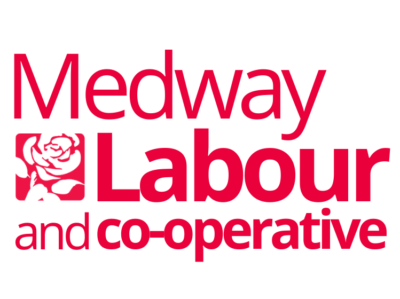As part of #Dickens150 Cllr Clive Johnson, who has a PhD in Dickens from the University of Kent, writes on Dickens and the Disease
Dickens and the Disease
To rephrase the opening of ‘A Christmas Carol’, Dickens was dead: to begin with. This year is the 150th anniversary of his death, on 9th June. The date has passed without Medway’s annual Dickens festival, characterised by my council colleague, Teresa Murray, in an enviably memorable phrase, as ‘cupcakes and crinoline’. But, like Marley in ‘A Christmas Carol’, Dickens’s spirit lives on, even through our current crisis.
We remember Dickens as a writer rooted in our part of north Kent, the marshes of the peninsula, the streets of Chatham and Rochester, the countryside where he would walk for miles thinking through his characters and stories. We should also remember that he was a compassionate writer, troubled by the catastrophic impact of a deeply divided society. The wealthy and powerful enjoyed their wealth and power and happily lorded it over the poor and defenceless.
From Oliver Twist asking for more food for his workhouse supper, to Nancy beaten to death in a brutal act of domestic violence, to Mr Micawber continually fleeing his creditors, to the youthful Artful Dodger and his gang forced into crime by corrupt adults, to Pip growing up to realise the human values of the humble and the local instead of the grand and wealthy, Dickens seems to speak to us across the decades, and in this crisis more than ever.
His novel, ‘Bleak House’, is a richly complex story of a troubled society. At its heart is Jo, an uneducated, poverty-stricken orphan. Jo lives, or, more accurately simply exists, by sweeping away the muck in the roads so that the wealthier of his fellow citizens – though they would never recognise any fellowship with him – can cross without soiling their posh clothes. He hopes that they will reward him with a few coppers that will mean he can eat before retreating to his hovel for the night. Most of the comfortably-off don’t give Jo a second thought but, if they did, they would see him as a minor irrelevance, a scraggy, dirty thing beneath notice, a lesson in what happens to the failures of a society that values wealth and worldly success above everything else.
Yet, it is Jo, through the infection he carries, who is the secret and dangerous unifier of his divided society, the one who shows we are all in it together, in his case because he can infect everyone, rich or poor, powerful or weak. He is the invisible, disregarded carrier that shows there is such a thing as society and that we are only as strong as our most vulnerable members. He may not be a powerful politician, he may not be wealthy or socially significant, but he holds the fate of others in his hands, though he doesn’t know it and nor do they. Jo, like our current crisis, reveals the unfairness and injustices in our society and points to the dangers of disregarding those whom we should most value. I’ll also point out, at the risk of alarming the delicate reader, that there are scenes of quarantine…without Netflix!
Dickens was not a politician and he wasn’t impressed by them. It is thought that he turned down the opportunity to become an MP twice, and he satirises politicians in a number of his novels. But his vision of society was deeply political. He saw that an unequal and divided society was not simply morally reprehensible but was weak and vulnerable. He saw that we all, including the wealthy and the powerful, rely on each other, ordinary people, the low paid, those doing humble but vital and life-affirming work. And he raged, in this novel especially, that we neglect those who are key to us at our peril. In our hard times, then, as now, we should hope to live in, and we should all work towards, a society made strong by a healthy justice.

